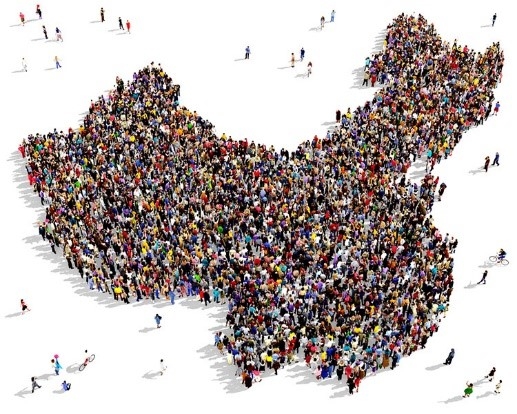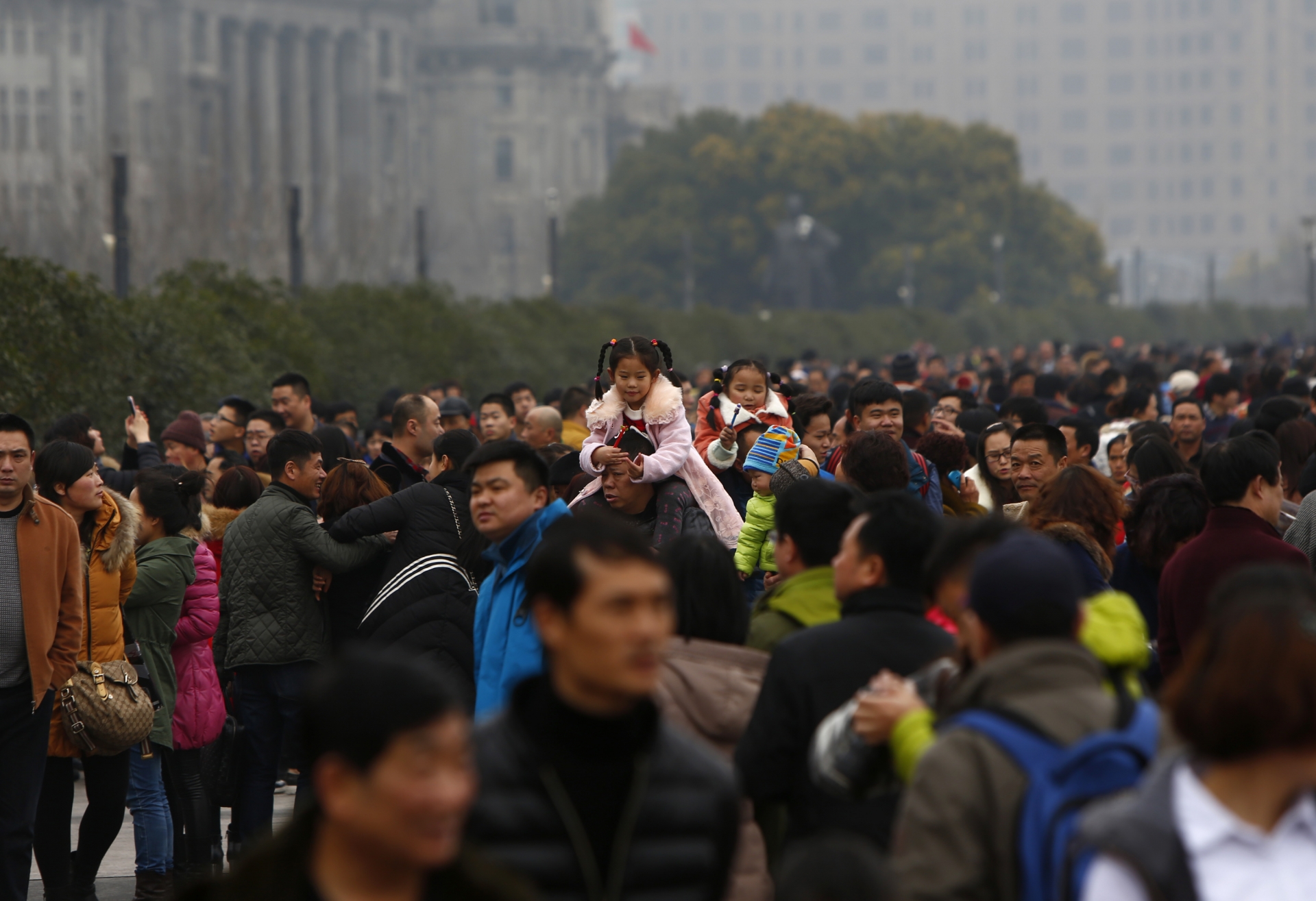Which Country Has The Largest Population In The World?
 |
| The population in China. Photo: Evergreen Partners. |
Millions of census-takers have begun knocking on doors across China for a once-a-decade headcount of the world’s largest population, which for the first time will use mobile apps to help crunch the massive numbers, according to Aljazeera.
About seven million community workers and volunteers will carry out the two-month data-collection effort, visiting homes ranging from residential skyscrapers in downtown Shanghai to remote Tibetan mountain villages.
China conducts the census every 10 years to determine population growth, movement patterns, and other trends, using the findings to apportion resources for education, health, transportation, labour, elderly care and other services.
The previous tally in 2010 counted 1,339,724,852 – an increase of 5.83 percent, or 73,899,804 people – equal to adding more than the population of France over 10 years.
The government estimates the 2020 census could update the population to 1.42 billion, a 5.99-percent increase.
A research institute affiliated with real estate giant Evergrande Group last week issued a study saying the government figure was an overestimate and recommended three children be allowed.
“If adjustments are not made, it will seriously affect national rejuvenation and [China’s] rise as a great power,” the researchers said, citing two of the stated goals of President Xi Jinping.
How do China do to control the population growth rate?
How do you count 1.3 billion people amid a pandemic? China will be finding out as the world's most populous country launches its seventh national census on November 1.
According to state-run news agency Xinhua, the colossal undertaking will see around 7 million census workers spread out across the country, collectingnames, ID numbers, gender, marital details, as well as education and professional information, as saib by CNN.
As well as traditional methods, citizens will also be encouraged to use cell phones and other digital tools "to declare personal and family information," Xinhua reported.
China conducts a national census every 10 years. The last survey found the population had increased from 1.29 billion to 1.37 billion. It was also the first to include foreigners. Nearly 600,000 foreign citizens returned the survey in 2010 -- most were from South Korea, the United States and Japan.
The census provides key data for national policy making, information that is becoming more and more important as the demographic time bomb of the one child policy begins to kick in.
In 2010, the census found that the number of people aged 14 or younger was down 6.2% from the previous census.
Beijing began reversing its hugely controversial one child policy -- in which women were subject to forced abortions, heavy fines, and eviction if they attempted to have a second baby -- in 2015, as demographic issues caused by the lack of children became increasingly apparent.
China's pool of workers is shrinking, with many young people supporting their parents and two sets of grandparents, in a country where social services for the elderly are still lacking.
Last year, the country's birthrate hit its lowest level since the founding of the People's Republic in 1949. More than 250 million Chinese were over 60 years old last year, the statistics revealed. They make up more than 18% of the population.
The figure is forecast to rise to a third of the population by 2050 -- or 480 million people.
This year's census may even show a decrease in the total size of the population for the first time in decades, setting the stage for India to overtake China as the world's most populous country.
India was due to begin its own census counting earlier this year but had to delay operations due to the coronavirus.
The pandemic will also pose some concerns to China, particularly with millions of census workers moving around the country. However, Chinese virus numbers have been very low in recent weeks, with no new domestic infections reported Sunday, and just 12 imported cases.
 |
| Photo: Brooking Institutions |
What are ‘Big Brother’ fears?
The study sparked a passionate online discussion with many saying the real curbs on childbirth are rising costs and insufficient policy support for families.
“If we had a kid we wouldn’t have enough time for [doing] the things we enjoy,” Fan Shaoyou, a Chinese civil servant told Al Jazeera.
“There would be too much pressure as the cost of living in China is rising, and the pace of work and life is very fast these days,” he added.
Demographic experts have estimated it could take 15 years for the two-child policy to have any noticeable effect as other modern factors mitigate rapid growth, including increasingly empowered Chinese women delaying or avoiding childbirth, and the slower population growth that comes with rising national affluence.
Despite the door-to-door visits, most citizens are expected to enter their information via a smartphone app, adding to rising concerns about privacy protection.
Vast amounts of Chinese economic activity and payments are handled through digital apps such as WeChat and its rival Alipay, offered by Alibaba-affiliated Ant Group.
Many consumers accept the resulting surrender of data on their buying habits, travel, and other personal information as a small price to pay for digital conveniences.
But others increasingly worry over privacy and data security, heightened further this year with China’s introduction of a nationwide system of digital “health codes” that score citizens on whether they pose a potential coronavirus threat, and which must be shown to enter many public venues.
The National Statistics Bureau, which oversees the census, vowed in May that all personal data gathered during the process will be kept strictly confidential and used for no other purpose than the census.
The government in mid-October also separately unveiled a draft personal data protection law, which outlines stiff punishments for violators.
| China is the most heavily populated country in the world. Over 1.33 billion in fact, over 40% urban. Stringent population controls have been in place for several decades, and the government aims to limit the mainland population to 1.37 billion by 2010. However, the population of great Beijing, for example, is approaching 15 million, and the cities can be crowded and noisy in parts, as can the buses, trains, tourist sites etc, according to China Highlights. |
 | What is BNT162b2 - a Covid-19 Vaccine of Pfizer and BioNTech with 90% effective? A vaccine named BNT162b2 jointly developed by German company BioNTech and US firm Pfizer has proven to be 90% effective at preventing COVID-19 infections, according ... |
 | What is green poop disease in kids? Green poop in kids can be alarming but is usually not a cause for concern. Diet, such as eating leafy greens, often causes green poop. ... |


























